The Ultimate Guide to Noise Reduction in Stainless Steel Kitchen Sinks
Let’s face it—no one likes a kitchen sink that sounds like a drum solo every time you rinse a dish. Stainless steel sinks, while sleek and durable, have a notorious reputation for being loud. But what if you could enjoy the elegance of stainless steel without the racket?
Enter noise reduction in stainless steel kitchen sinks—a game-changer for modern homes. From innovative layering to nano-coated surfaces, manufacturers are stepping up their game to keep things quiet. One standout? The LEFTON stainless steel kitchen sink combines stainless steel with nanocellular layers to effectively reduce noise while repelling stains like a pro.
So, what works when it comes to silencing your sink? Let’s dive in!

Why Are Stainless Steel Sinks So Noisy?
Before fixing the problem, it helps to know why stainless steel sinks clang like cymbals in the first place. Here’s the lowdown:
- Thin Material: Cheaper sinks use thinner steel, which vibrates more.
- Lack of Insulation: Sound waves bounce around like a pinball without padding.
- Hollow Construction: Many sinks have empty space underneath, amplifying noise.
But don’t worry—modern solutions are here to save your eardrums!
What Works for Noise Reduction in Stainless Steel Kitchen Sinks?
1. Thicker Gauge Steel (16-18 Gauge is Best)
Thicker steel = less vibration. While 20-gauge sinks are budget-friendly, they’re also noisier. Opt for 16 or 18-gauge for a quieter experience.
2. Sound-Dampening Undercoating
Some sinks come with a rubber or foam undercoating that absorbs vibrations. It’s like giving your sink a pair of noise-canceling headphones!
3. Nanocellular Layers (Like in the LEFTON Kitchen Sink!)
This is where things get high-tech. The LEFTON kitchen sink’s unique stainless steel and magnocellular layers work together to disrupt sound waves, significantly reducing noise. Think of it as acoustic armor for your sink!
4. Advanced Nano-Coated Surfaces
Beyond noise, a nano-coated surface repels water, oil, and scratches—making cleanup a breeze. The LEFTON sink uses this technology to stay sleek and silent.
5. Proper Installation with Insulation Pads
Even the best sink can be loud if installed poorly. Adding insulation pads between the sink and countertop helps muffle vibrations.
The LEFTON Kitchen Sink: A Noise-Reducing Marvel
If you’re serious about quieting your kitchen, the LEFTON kitchen sink deserves a closer look. Here’s why:
- Nanocellular Layers: These specialized layers absorb sound, turning clatters into gentle taps.
- Nano-Coated Surface: Water beads right off, and stains don’t stand a chance. Plus, it resists scratches—no more worrying about knife slips!
- Durable Build: Made with high-quality stainless steel, it’s built to last and stay silent.
In short? It’s the Ferrari of kitchen sinks—sleek, high-performance, and whisper-quiet.
Not ready to upgrade? Try these quick fixes:
✔ Line the Bottom with a Rubber Mat – Cushions dishes and dampens sound.
✔ Use a Grid Protector – Prevents plates and pans from banging directly on the steel.
✔ Add Adhesive Soundproofing Pads – Stick them underneath the sink for instant noise reduction.
FAQs
Q: Does a thicker stainless steel sink reduce noise?
A: Absolutely! Thicker steel (16-18 gauge) vibrates less, making it quieter than thinner models.
Q: How does the LEFTON kitchen sink’s nanocellular layer work?
A: The nanocellular layers break up sound waves, preventing them from echoing—like acoustic foam in a recording studio!
Q: Will a nano-coated surface wear off over time?
A: Not easily! The advanced nano-coating method used in sinks like LEFTON’s ensures long-lasting resistance to wear and scratches.
Q: Can I retrofit my existing sink for noise reduction?
A: Yes! Adding adhesive soundproofing pads or a rubber mat can make a noticeable difference.
Conclusion
Nobody wants a sink that sounds like a construction site. Luckily, noise reduction in stainless steel kitchen sinks has come a long way—thanks to innovations like thicker steel, sound-dampening layers, and nano-coating tech.




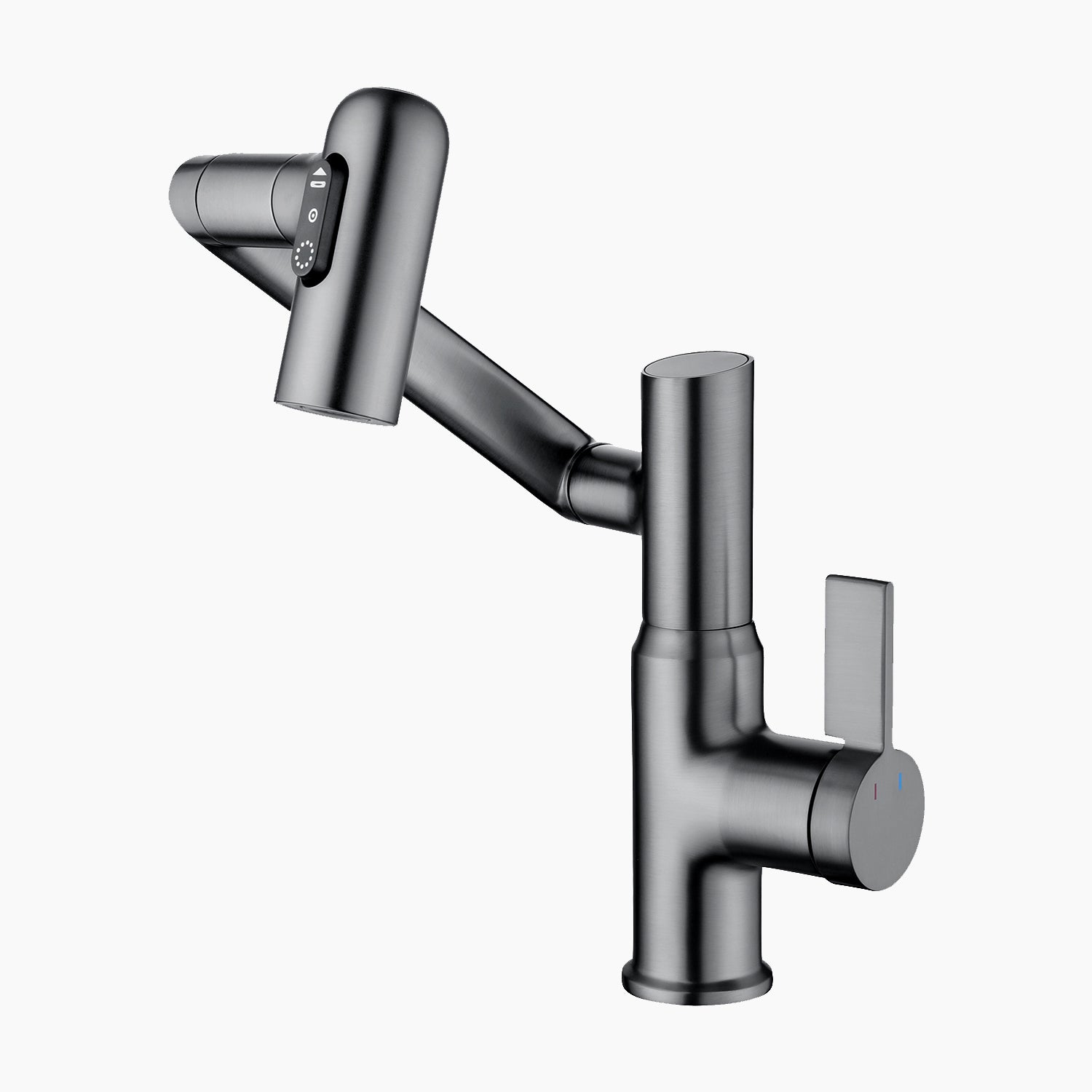





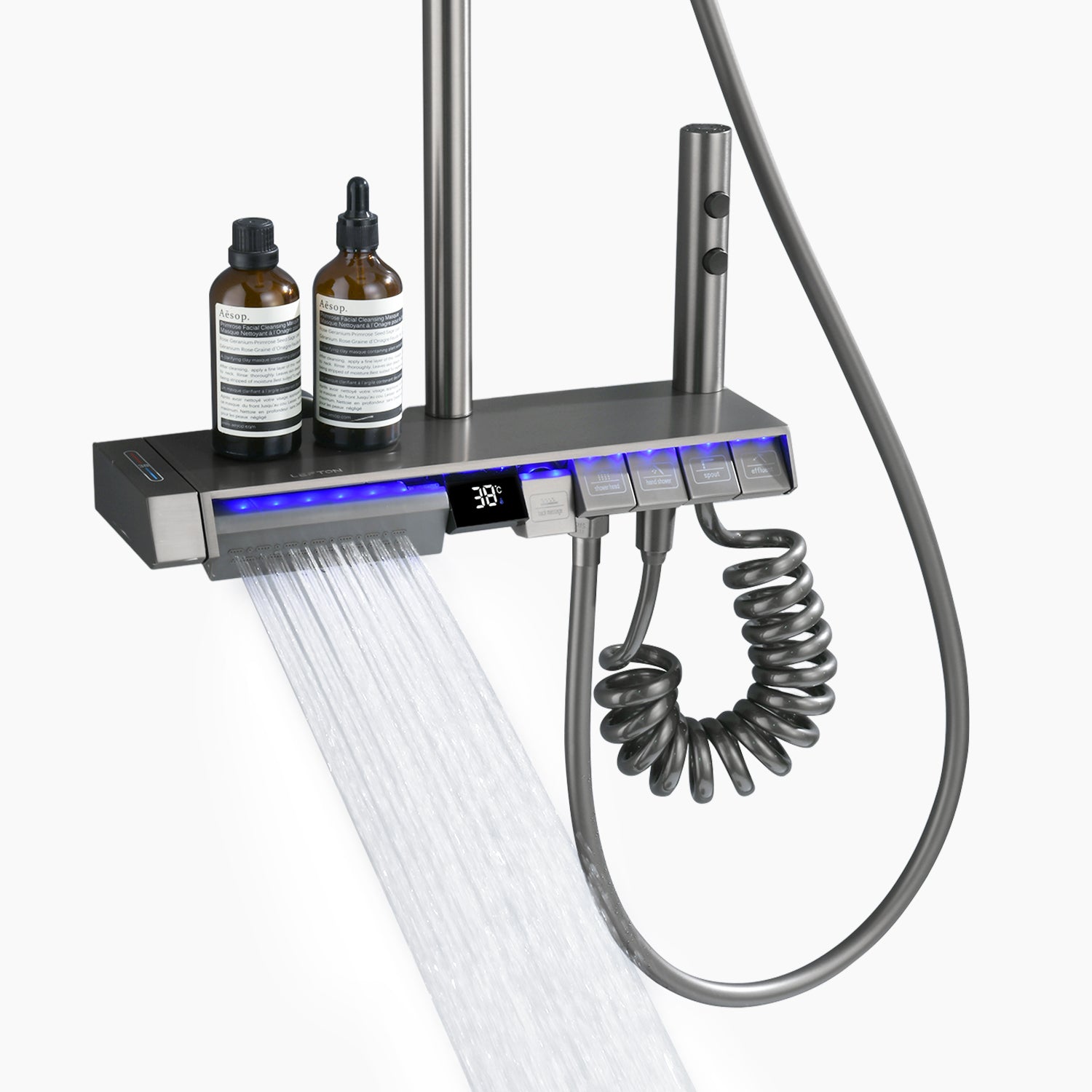
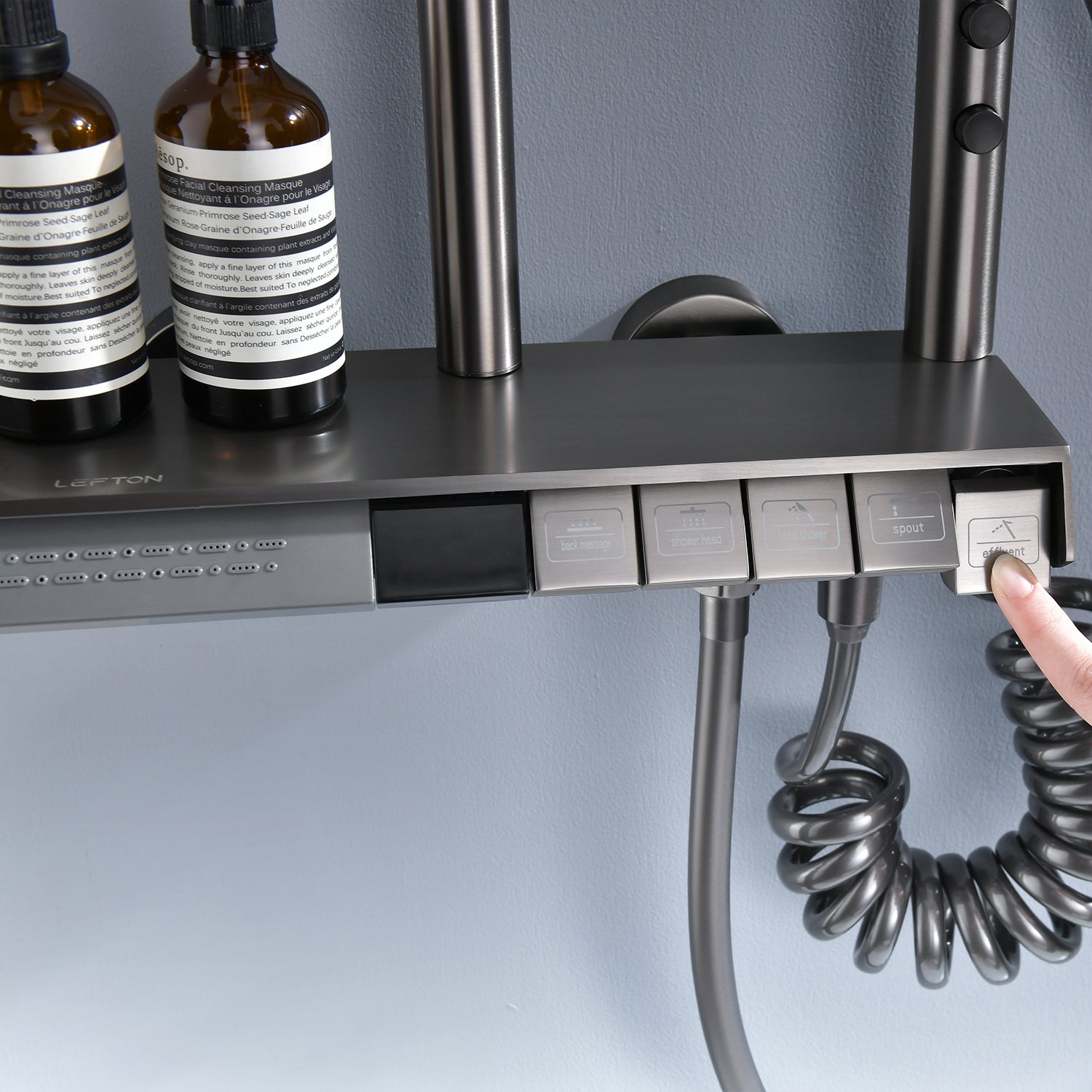
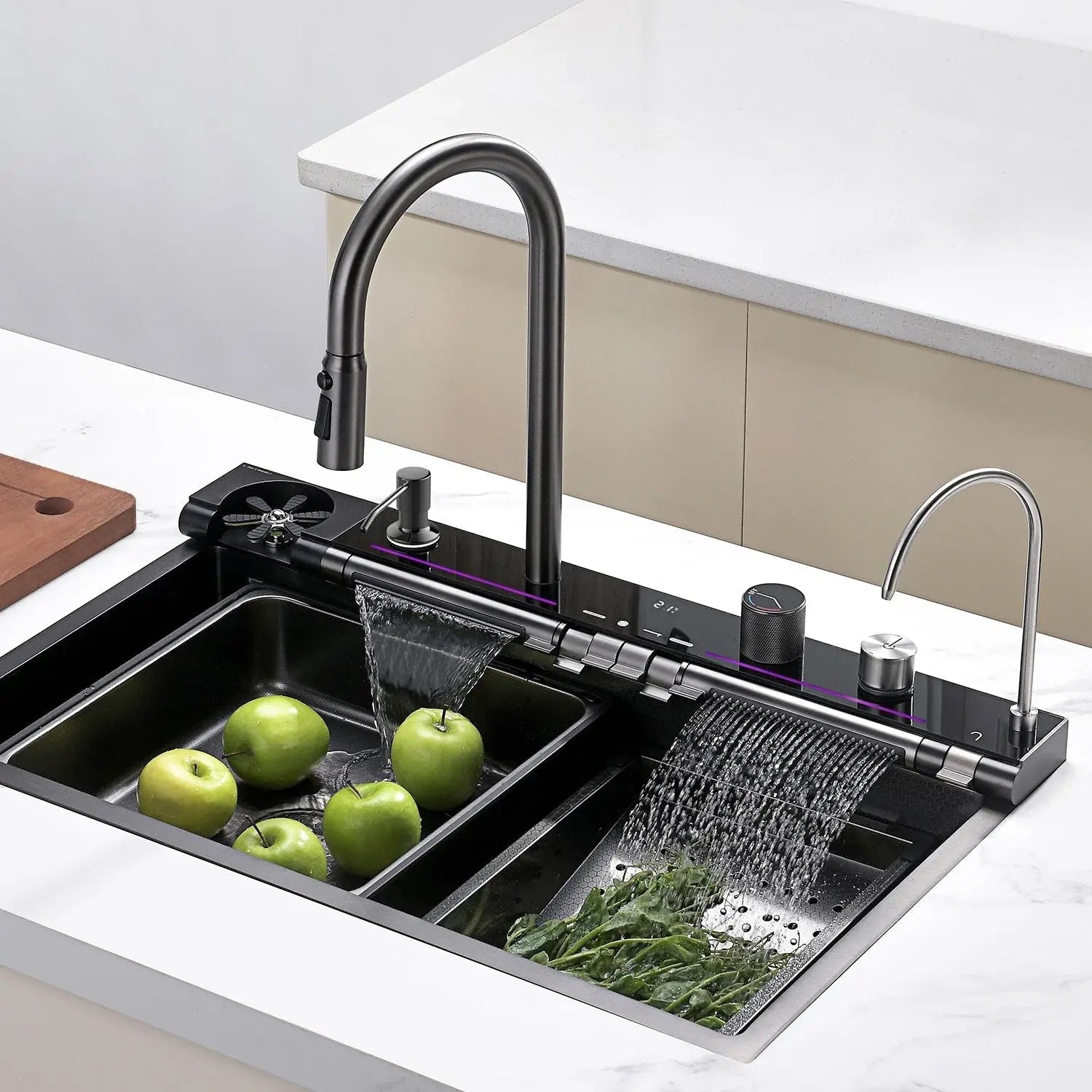





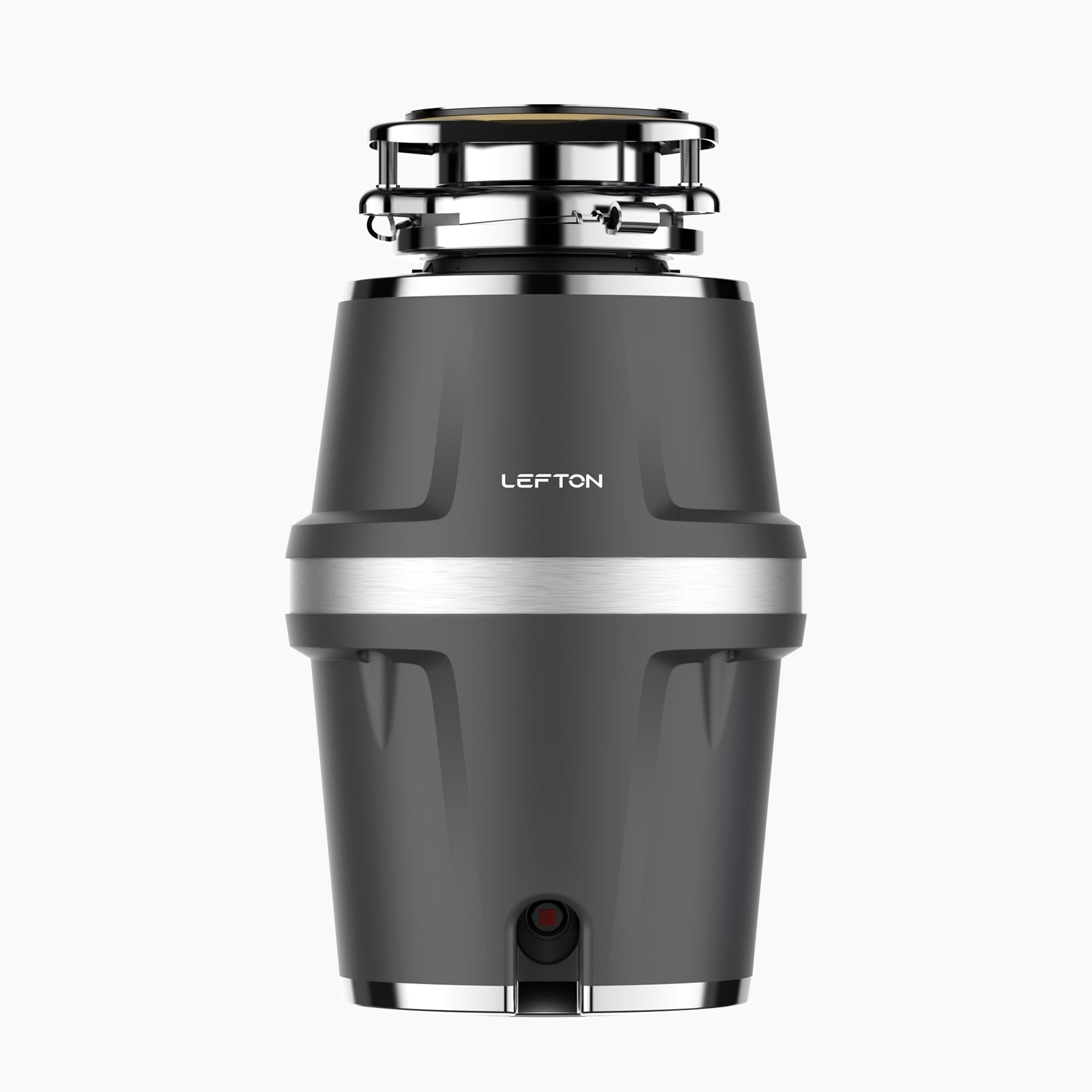



Zanechat komentář